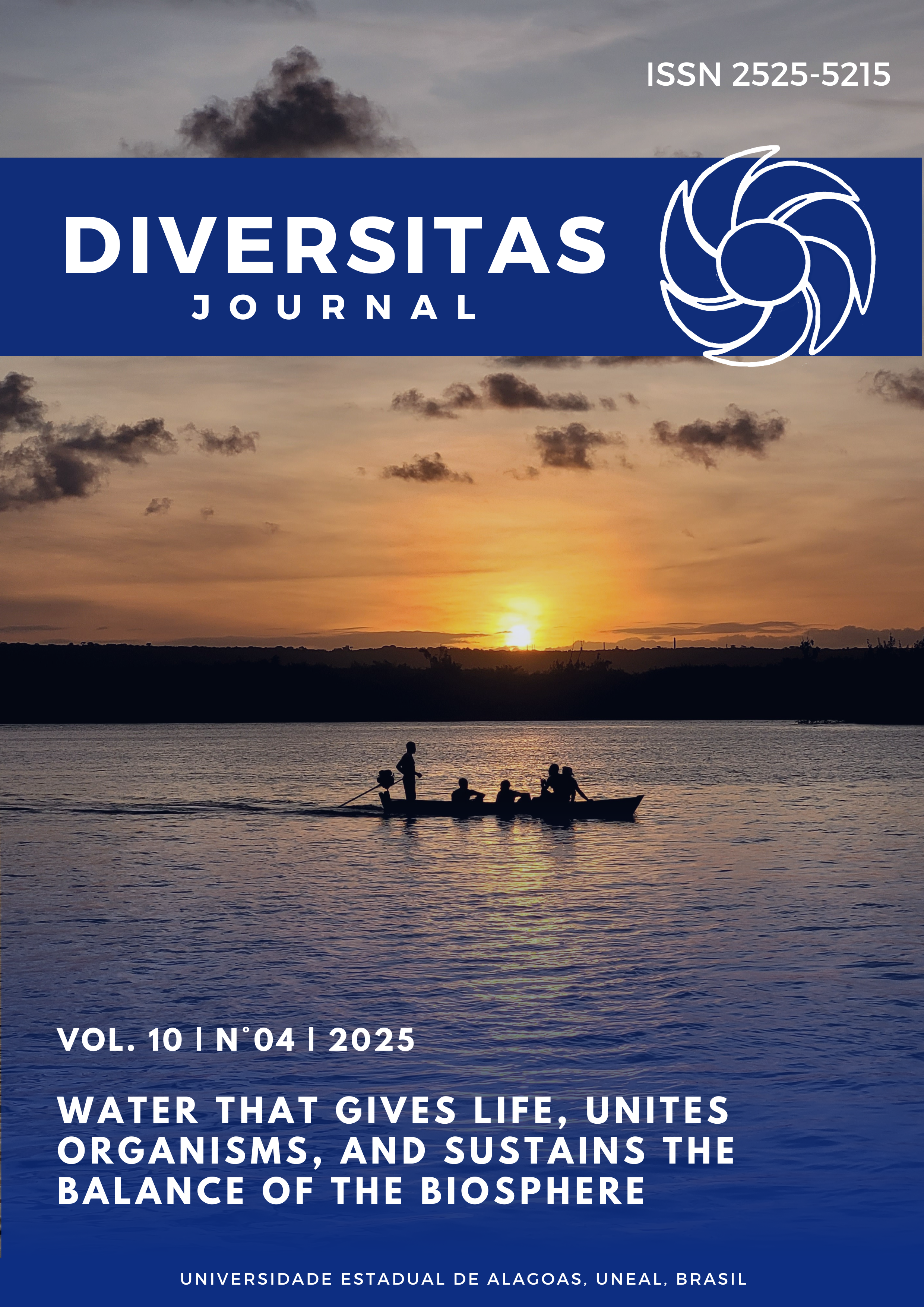Formative Assessment Feedback and Test Anxiety on the Academic Performance of the Bachelor of Secondary Education Students
DOI:
https://doi.org/10.48017/dj.v10i4.3517Keywords:
stress, teacher educationAbstract
The study aimed to determine the quality of formative assessment feedback, test anxiety, and academic performance of the 268 sample participants, enrolled in Bachelor of Secondary Education majors in English, Science, and Math at Cavite State University's Carmona for AY 2024-2025. A self-made questionnaire was utilized in the study. Answers were tabulated and interpreted using weighted mean, standard deviation, and Pearson’s rho. Results revealed that quality of formative assessment feedback across all majors was excelent, implying that feedback is specific, addresses learning needs, and enables significant performance improvement. Test anxiety across all majors was high, which suggests that most participants experienced significant stress during assessment. Academic performance of the participants showed to be very good. A moderate positive association exists between quality of formative assessment feedback and academic performance. The same findings for the association between test anxiety and academic performance, except for Math major participants, a strong positive association exists. Moreover, moderate positive association exists between the quality of formative assessment feedback and the level of test anxiety of the participants. Effective feedback enhances learning outcomes but may also increase self-awareness, potentially leading to heightened anxiety. Participants suggested that timely and specific feedback addressing areas for improvement allow them to reflect and apply corrections while the assessment is still fresh in their minds. Also, they agree that the way feedback is delivered affects their stress levels. Also, they feel more supported when feedback highlights progress and strengths while offering constructive advice in a way that is kind and motivating.
Metrics
References
Adarkwah, M. A. (2021). The power of assessment feedback in teaching and learning: A narrative review and synthesis of the literature. SN Social Sciences, 2(1), Article 00086.
Cochanco, et al. (2021). An assessment on the test anxiety and academic performance of Information Technology students. International Journal of Advanced Engineering Research and Science, 8(4), 118-122
D’Agostino, A., Schirripa Spagnolo, F., & Salvati, N. (2022). Studying the relationship between anxiety and school achievement: Evidence from PISA data. Statistical Methods & Applications, 31, 1–20. Springer.
Daniels, E., Pirayoff, R., & Bessant, S. (2013). Using peer observation and collaboration to improve teaching practices. Universal Journal of Educational Research, 1(3),
Hanover Research. (2014). The impact of formative assessment and learning intentions on student achievement. Hanover Research.
https://www.hanoverresearch.com/media/The-Impact-of-Formative-Assessment- and-Learning-Intentions-on-Student-Achievement.pdf
Ismail, S. M., Rahul, D. R., Patra, I., & Rezvani, E. (2022). Formative vs. summative assessment: Impacts on academic motivation, attitude toward learning, test anxiety, and self-regulation skill. Language Testing in Asia, 12(1), 1–19.
Karaman, P. (2021). The effect of formative assessment practices on student learning: A meta- analysis study.International Journal of Assessment Tools in Education, 8(4),
Kingston, N., & Nash, B. (2011). Formative assessment: A meta‐analysis and a call for research. Educational Measurement: Issues and Practice, 30(4), 28–37.
Nicol, D. J., & Macfarlane‐Dick, D. (2006). Formative assessment and self‐regulated learning: a model and seven principles of good feedback practice. Studies in Higher Education, 31(2), 199–218. https://doi.org/10.1080/03075070600572090
Ozan, C., & Kıncal, R. Y. (2018). The effects of formative assessment on academic achievement, attitudes toward lessons, and self-regulation skills. Educational Sciences: Theory & Practice, 18(1), 85-107.
Shatri, Z.G. & Zabeli, N. (2022). Implementation of verbal and written feedback classroom practices by teachers. South African Journal of Education, 42
Solis Trujillo, A., et al. (2025). The current landscape of formative assessment and feedback in graduate studies: A systematic literature review. Frontiers in Education, 10(5).
Tan, S. H., & Pang, J. S. (2023). Test anxiety: An integration of the test anxiety and achievement motivation research traditions. Educational Psychology Review, 35(1), Article 13
Wiggins, G. (2012) Seven Keys to Effective Feedback. Educational Leadership 70(1),10-16. Retrieved from
http://www.ascd.org/publications/educational- leadership/sept12/vol70/num01/Seven-Keys-to-Effective-Feedback.aspx
Williams, A. (2024). Delivering effective student feedback in higher education: An evaluation of the challenges and best practice. International Journal of Research in Education and Science, 10(2),
Wisniewski, B., Zierer, K., & Hattie, J. (2020). The power of feedback revisited: A meta- analysis of educational feedback research. Frontiers in Psychology, 10, Article 3087
Yan, Z., King, R. B., & Haw, J. Y. (2021). Formative assessment, growth mindset, and achievement: Examining their relations in the East and the West. Assessment in Education: Principles, Policy & Practice, 28(5-6), 676– 702.
Downloads
Published
How to Cite
Issue
Section
License
Copyright (c) 2025 Jocelyn Siochi, Shiela Lucero Vidallon

This work is licensed under a Creative Commons Attribution 4.0 International License.
The Diversitas Journal expresses that the articles are the sole responsibility of the Authors, who are familiar with Brazilian and international legislation.
Articles are peer-reviewed and care should be taken to warn of the possible incidence of plagiarism. However, plagiarism is an indisputable action by the authors.
The violation of copyright is a crime, provided for in article 184 of the Brazilian Penal Code: “Art. 184 Violating copyright and related rights: Penalty - detention, from 3 (three) months to 1 (one) year, or fine. § 1 If the violation consists of total or partial reproduction, for the purpose of direct or indirect profit, by any means or process, of intellectual work, interpretation, performance or phonogram, without the express authorization of the author, the performer, the producer , as the case may be, or whoever represents them: Penalty - imprisonment, from 2 (two) to 4 (four) years, and a fine. ”


















